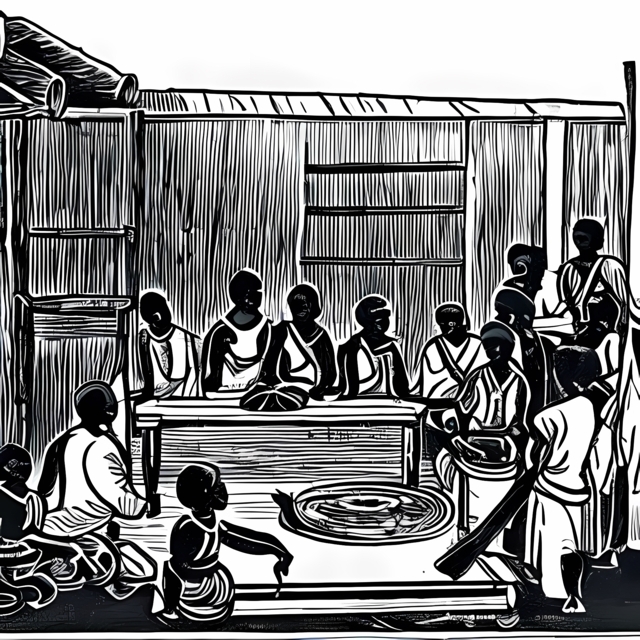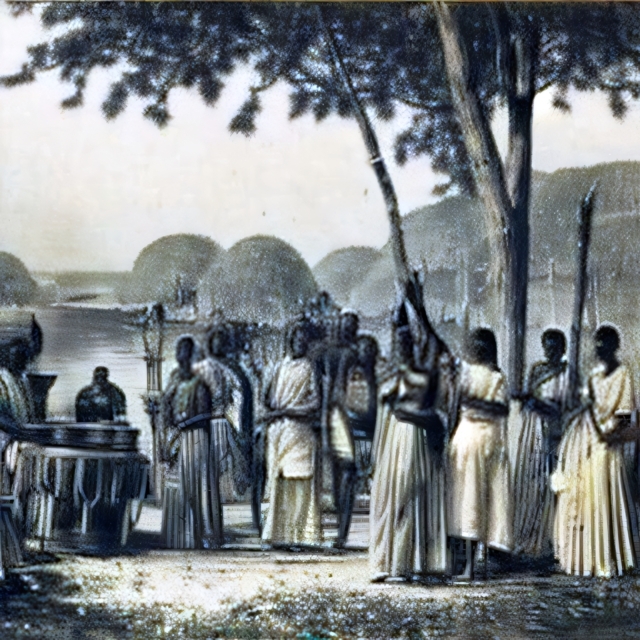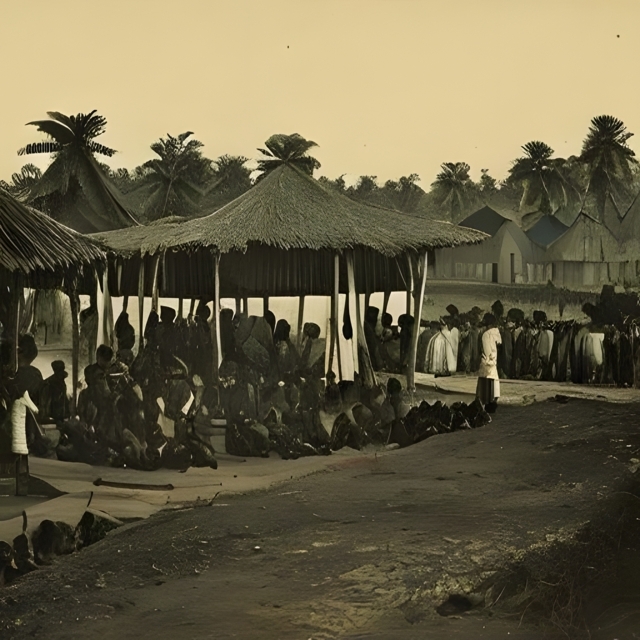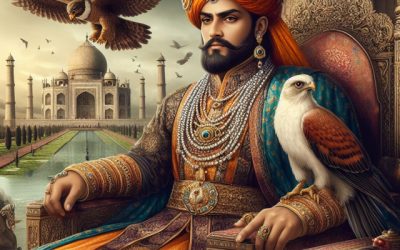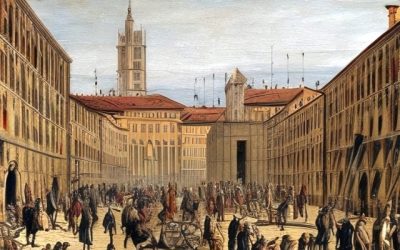How Colonialism Erased Local Art and Language.
In 1888, Portugal annexed the Kingdom of Kongo, a vast area encompassing parts of modern-day Angola, Gabon, Democratic Republic of Congo, and the Republic of Congo. This event marked the beginning of several decades of colonization during which the Portuguese authorities attempted to impose their own cultural values upon the people of Kongo. One tragic consequence of this was the suppression of the rich and diverse Kongo artistic traditions. In this article, we explore how the colonial authorities sought to erase these traditions from existence through a variety of brutal means, including the banishment of native languages, customs, and symbols.
At the heart of this cultural genocide lies a deeply flawed and paternalistic worldview held by the European colonial powers. They saw themselves as superior to “primitive” cultures such as those found in Africa and assumed that they were doing the natives a favor by exposing them to civilization. But this so-called civilizing mission came at a great cost – the destruction of unique cultures and identities that had developed over thousands of years.
One example of this can be seen in the manner in which the Congolese languages were treated under colonial rule. Under King Leopold II of Belgium, who controlled the region around the same time period, all education, government business, and legal proceedings took place solely in French. Any documentation related to the colony was written only in French; no attempt was made to translate documents into indigenous tongues. This policy was continued by later administrations, effectively burying many Congolese languages deeper and deeper from public consciousness until finally disappearing altogether.
Prominence of Administrators
Similarly, traditional forms of governance within the different regions of the former kingdom became outlawed under Portuguese rule. By suppressing institutions that maintained their social cohesion and continuity for generations prior, colonial administrators rendered entire communities leaderless. When villagers did attempt to exercise control over their daily lives, they faced violence, imprisonment, or even death if they dared speak up against their oppressors. For instance, a 19th century British observer, Frederick Lugard, noted that when he administered territories directly, there existed “a sense of order that pervaded everything.”
Although the situation improved somewhat for subjects once direct administration ended, indirect rule often resulted in just as oppressive conditions. As a result, one might ask why some traditional African societies appear more stable compared to others despite having experienced similar levels of colonial domination. One factor may have been the nature of preexisting power structures before Europeans arrived on the scene. Some empires managed affairs internally using highly centralized methods, whereas most smaller groups formed decentralized networks involving multiple autonomous villages cooperating among each other without requiring outside interference—leaving them better equipped to adapt to sudden change imposed from above. Consequently, the effects on individuals’ mental state and psychological wellbeing vary based upon whether living under direct versus indirect rule. Although both circumstances carry adverse consequences for personal freedom, some argue the latter has even worse long term impacts due to the possibility for greater disorientation caused by confusion regarding proper roles and obligations stemming from conflicting sources of authority.
Overall, while European administrators brought infrastructure developments such as road building and new trade links throughout Central Africa (including the construction of railways), little consideration was ever given towards preserving local values systems.
Conclusion
First, we should remember that this experience wasn’t isolated to the peoples of Kongo. Many cultures around the world went through something similar during the colonial era. These experiences can help us understand what other marginalized groups endured historically. We must stand together collectively across racial boundaries for justice.
Second, we need to look at ways in which our current political and economic system perpetuates violence towards others. We need to make sure that we take stock not just of tangible resources but intangibles too. What do we value? Why does it matter? How are we going to shift the balance of things? These are crucial questions to answer if we hope for positive transformation on a larger scale.
Third, this topic also serves as a reminder of the importance of understanding global history beyond the perspective of white Western hegemony. This includes engaging with source materials such as firsthand accounts, documentaries, lectures etc, so that we can get insights into cultures who weren’t part of dominant narrative. This can ensure that future generations avoid repeating past mistakes and maintain open minds about diversity of perspectives and knowledge.
References
– Kiernan, Ben. 2009. Blood and soil: A World History of Genocide and Extermination from Sparta to Darfur
Tags
Divi Meetup 2019, San Francisco
Related Articles
Unappreciated Greatness
Life and Legacy of Jahangir of the Mughal Empire. Jahangir ruled over one of the largest empires in human history during his lifetime, yet few people outside of South Asia have heard of him. I aim to shed light on the life and legacy of this remarkable figure,...
The Plague Doctor’s Diary
A Personal Account of the Turin Epidemic of 1656. I am writing this diary to record my experiences and observations as a plague doctor in Turin, the capital of the Duchy of Savoy, during the terrible epidemic that has afflicted this city and its surroundings since the...
The Timeless Beauty of Bustan
Unveiling the Secrets of Saadi Shirazi's Masterpiece.In the realm of Persian literature, few works have captured the essence of love, spirituality, and morality quite like Bustan (The Orchard) by Saadi Shirazi. This 13th-century masterpiece has left a lasting impact...
Stay Up to Date With The Latest News & Updates
Explore
Browse your topics of interest using our keyword list.
Join Our Newsletter
Sign-up to get an overview of our recent articles handpicked by our editors.
Follow Us
Follow our social media accounts to get instant notifications about our newly published articles.

